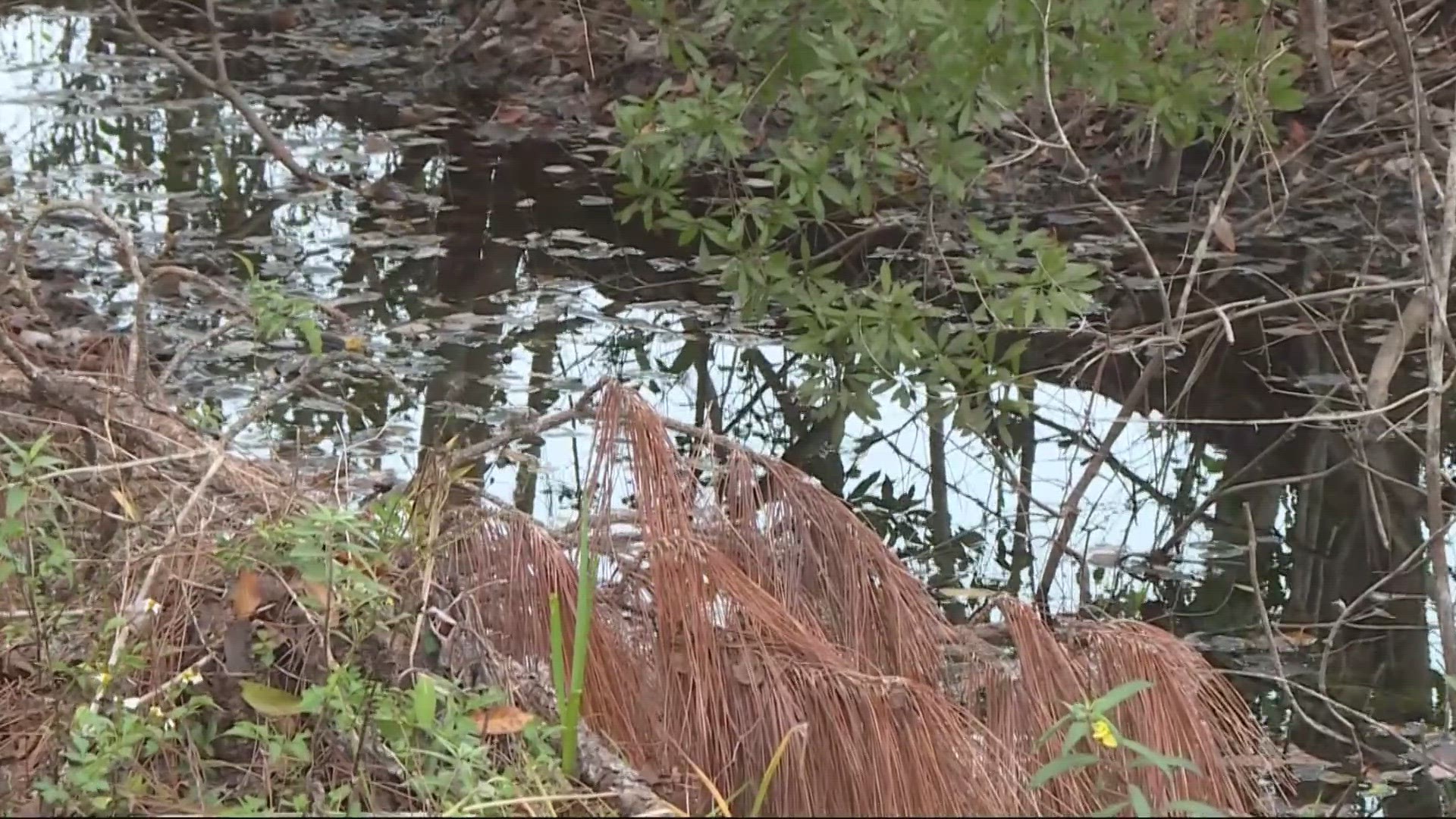ST. JOHNS COUNTY, Fla. — Wetlands across the country just loss federal protection.
On Thursday the U.S. Supreme Court rolled back safeguards for wetlands that have been in place for decades.
"Florida waterways are pretty much at stake here," Jen Lomberk said. She is the Matanzas Riverkeeper in St. Johns County. For weeks, she, other riverkeepers, and various conservation groups across the country have been watching to see how the Supreme Court would rule in a case involving wetlands and how much power the Environmental Protection Agency has when it comes to protecting them.
"We have a lot of wetlands in Florida," Lomberk said, "They're swamps and marshes. People kind of think of wetlands as garbage land, but wetlands provide very real ecosystems to our communities. They store flood water. They filter out pollutants. They provide habitat."
Thursday, the U.S. Supreme Court's ruling determined that particular wetlands which do not connect to larger bodies of water are no longer are protected under the Clean Water Act
That Clean Water Act was adopted in 1972 and it has some of the highest water protections in the land.
Lomberk gave the example of a developer or landowner who wants to fill in an isolated marsh in order to build a home or neighborhood. After Thursday’s ruling, that developer or landowner will no longer need a federal permit and can "just fill in that wetlands without any regard to the environmental repercussion of destroying that ecosystem."
That’s because the Supreme Court has now ruled that isolated wetlands no longer federally protected.
Some call this a win for private property owners and the economy.
The Associated General Contractors of America said, "The decision will allow vital infrastructure and development projects to proceed in a timely manner while still providing strong protections for the actual waters of the U.S."
Others are very concerned about possible negative ecological impacts. Erin Brockovich – a paralegal and environmental activist -- had such strong words about it that they could not be shown on television.
And the Matanzas Riverkeeper said, "As we keep dumping more pollutants into our waterways, those waterways will be less resilient to remediate, absorb those pollutants. and bounce back."

